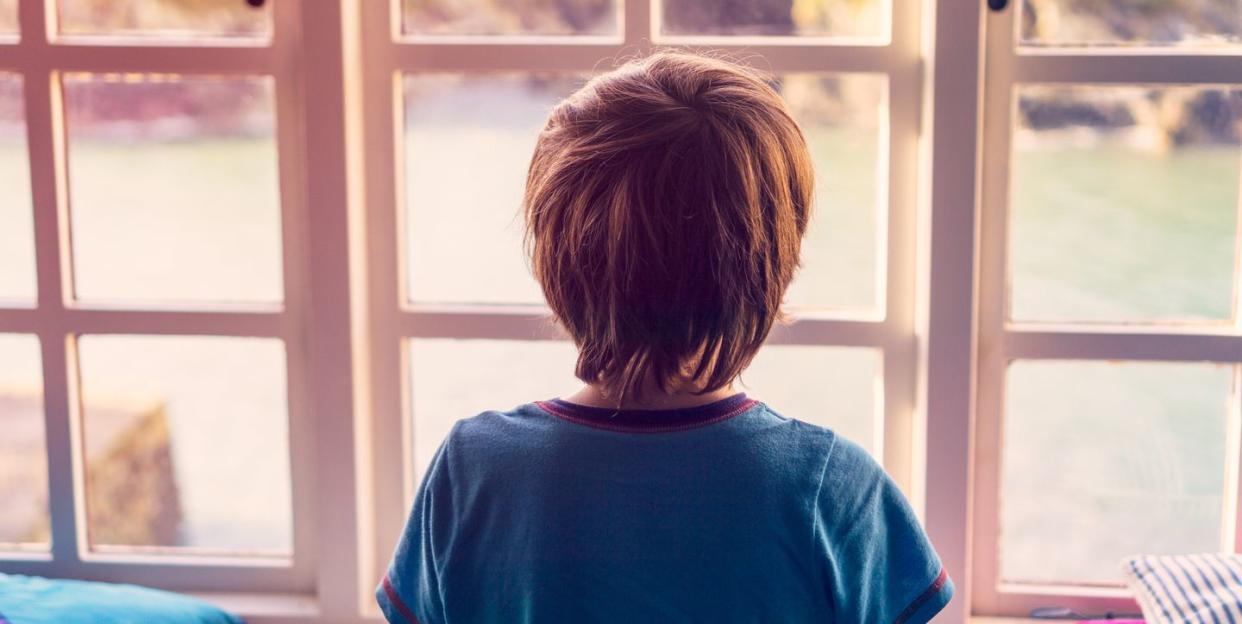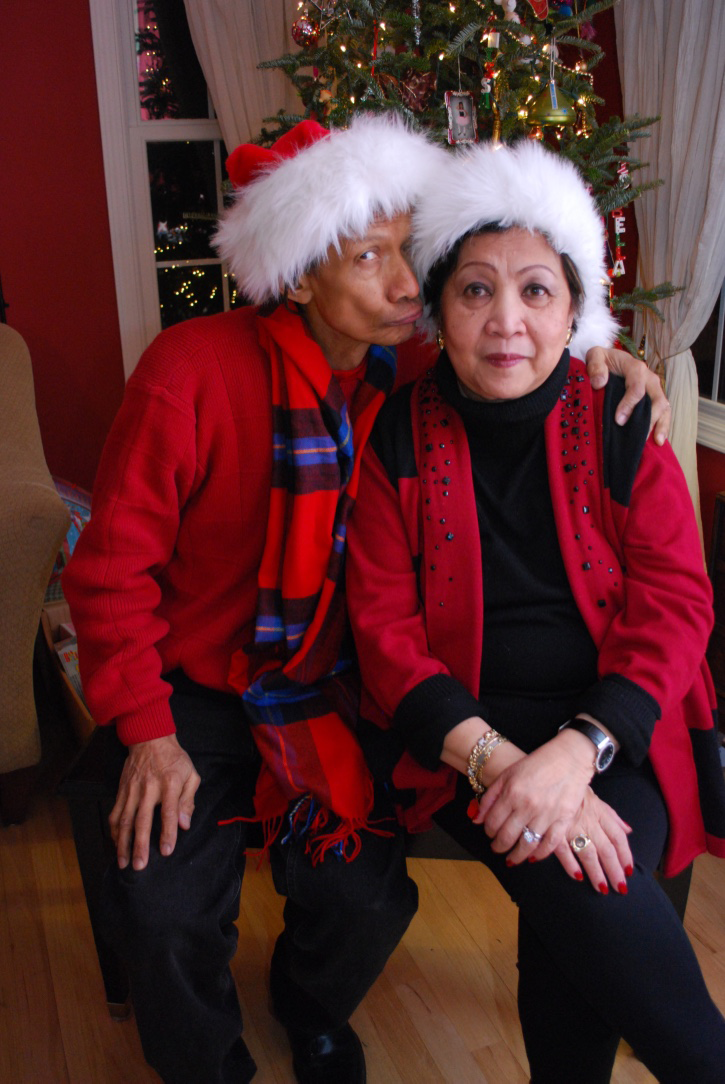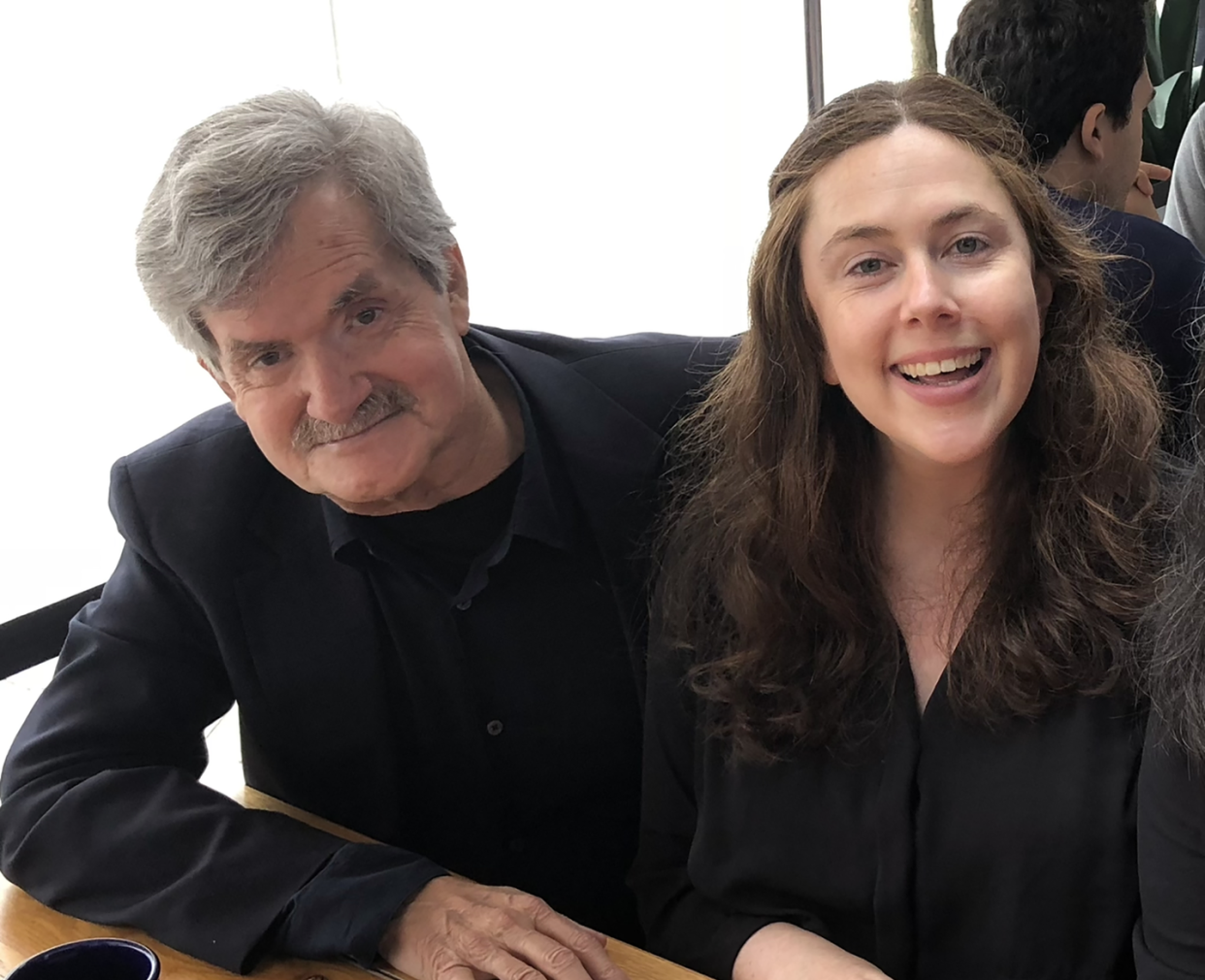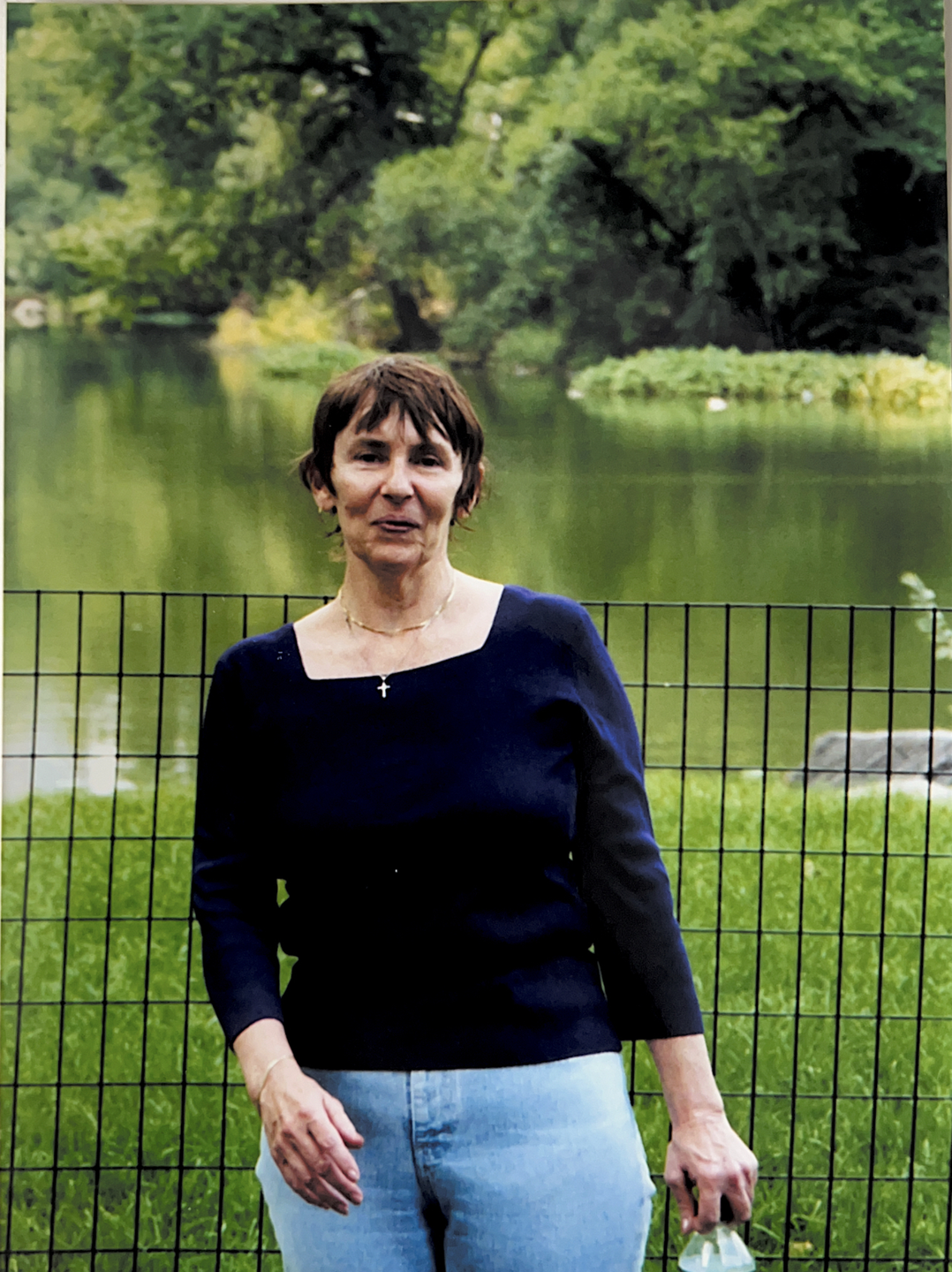What Happens to All the Kids With No Living Grandparents?

It was when my 3-year-old son called our landlord “Grandpa” that I officially felt like I had to do something.
He’d been asking about his actual grandparents’ whereabouts for months before the awkward hallway moment, and he invented a scenario when my stilted answers didn’t satisfy. At daycare pickup, he told his teacher that he would show his latest crayon scribbles to “Mommy, Daddy, and both my Grandmas!” As my father lay dying on a Covid ward 1,200 miles away last summer — a situation my partner and I had strived to keep quiet about in front of our son, who hadn’t yet met him — he’d randomly looked up and said “Grandpa is lying down” enough times to make us wonder if he was one of those eerie psychic kids you see on talk shows. In reality, like any small child with a mind in creative bloom, he was picking up on a barely-mentioned truth: My son has no living grandparents, and we’re all feeling the vacancy pretty hard right now.
If my son’s late grandfathers were still on this earth, he’d know that neither remotely resembled Larry the Landlord. My father was a mustachioed Puerto Rican whose face answered the question, “What if Freddie Prinze, Sr. had lived to 75?” My partner’s parents, on the other hand, emigrated from the Philippines in the 1960s.
My kid doesn’t seem to care that the silver-haired folks he’s publicly claimed as his grandparents are mostly strangers who respond with kind, silent smiles. He’s too young to fully grasp that his last two living grandparents were among the one million Americans who died of complications from Covid-19. When he’s not making up stories about their adventures together, his sole grandparent-related question is, “Where are they?”
As those in similar situations have likely noticed, other children’s grandparents seem to be everywhere. They wait with open arms at the bottom of the playground slide; they relieve our parent friends for an appointment or even an entire weekend. (They can aggravate as often as they “relieve,” but my grief and burning envy won’t let me treat these complaints with the full empathy they deserve.) That same ubiquity goes for their fictional contemporaries. Stooped amid the library shelves, I dig for the rare story that features a woman or animal in her post-childbearing years whose primary descriptor isn’t “grandmother.” I fight the urge to shift into editor mode as I read to him, to ad-lib a world in which Arthur’s Grandma Thora is some nice neighbor lady, and not another question-sparking reminder of what he doesn’t have when he hears about it.

The presumption that our own family must have a living, somewhat-involved grandparent feels equally ubiquitous. Nearly 800,000 people who died of Covid-19 were 65 and over, according to CDC data — meaning, hundreds upon hundreds of thousands of children lost at least one grandparent. Given that number, and the kids who live without grandparents for reasons that range from illness to estrangement, I've come to wonder why books that address grandparental absence in a tender or even non-treacly fashion are so difficult to find. As a culture, we’re slowly learning to stop asking sensitive fertility-related questions such as, “are you trying for more kids?” I would love to see a similar sea change when it comes to presuming that everyone has active and robust relationships with their biological kin.
And, of course, to answer my son’s questions means introducing him to the concept of death. Though experts recommend being honest and straightforward, I initially worried that we’d prematurely hurl him into the existential abyss. But my vague “they’re up in the sky” explanations didn’t convey the finality, and my partner and I don’t believe in angels, or heaven, or grandparent-piloted ghost planes. I know that my wish to avoid the Inevitable Death Conversation and my impulse to skip past Highlights magazine’s Chicka-Chick and Grandma Hen stories are two expressions of the same impulse: The desire to protect my kid from any kind of pain. This urge jabs me with unease, given what a politically-weaponized topic ‘protecting children’s innocence’ has become in the past few years (to say nothing of the fact that it’s neither healthy nor possible), yet it’s something I have to push past nonetheless.

Which brings me to why I feel this urge to “do something” — meaning, to examine and start to remedy my biggest question: What is my son losing without any grandparents? How do we compensate for what he and we won’t have, both the losses we can’t quantify, and the ones we can?
Research suggests grandparent-grandchild relationships can stave off depression and other later-life emotional issues in kids, for one, and his father and I do often wonder if he feels the same void of family connections and lack of support that we do. We mourn the broken connection to his heritage too, to his Filipino-ness and Puerto Rican-ness, as we try to fill the gap with our own generationally-distant relationship to it, vowing to spackle the gaps with collected stories about the people his grandparents were.
“Think of those stories, and photos, as a way to create a relationship between your son and his grandparents, even if they’re not in this physical world,” says Emily Edlynn, PhD, an Oak Park, Illinois-based therapist who works with children. “He clearly wants to have a connection with them, and they’re part of your family story — which is part of his story, too.”
Edlynn adds that while my urge to protect my son from the grief I’m feeling is natural, I can also reframe this as an opportunity to help him develop skills for managing sad experiences and difficult emotions, and let him know that their deaths make me sad, too. “I don’t think we give children enough credit for what they can handle with our support,” she says. “Often, it comes down to our own discomfort as parents.”
My son’s questions have certainly pushed my partner and me to parse our own aching sadness over losing our parents — a messy, unprocessed pulp that our industrious culture has pressed us to push past in the name of moving on — from our discomfort and concerns about how he is doing. When my son says, “someday my Grandma will come down and play with me” as I’m wheeling his stroller down the sidewalk, he often sounds more dreamy than sad. To us, two adults who both know what it’s like to grow up with a grandparental figure, it feels like a gut punch, or as my partner puts it, “like hitting a parenting brick wall.”

Knowing that other people are hitting those walls too, and are finding ways to drive around them, has helped me the most. For almost a year, I’ve been lurking the Surrogate Grandparents group on Facebook, where families and people without a grandchild in their life hope to forge familial bonds with fellow open-hearted strangers. While each post features a member’s unique story, most share themes I relate to: Death, physical distance from other family, and broken relationships with their “real” kin. They, too, would love to have even one remotely-involved grandparent. Like a dating site, the accompanying photo typically depicts the poster at their jubilant best; a mother and three kids smiling in front of a beach sunset, or an older couple dressed up as Santa and Mrs. Claus at Christmas.
Yes, the occasional member seems a little odd, and no, I haven’t yet taken the risk of posting myself. (What if my son’s prospective Grandma turns out to be a wolf in a bonnet?) For now, it’s enough to be soothed by the assurance that I’m not alone in feeling robbed of a very specific kind of privilege and support that other parents take for granted. Each post is an act of vulnerability and hope in itself, and immersing myself in their requests for connection feels both healing and validating. It inspires me to think harder about the family story we’re crafting now (Are You My Son’s Grandmother?). It reminds me that all of us are looking for the same thing, ultimately: To care for someone, and to be taken care of in a hundred ways.
You Might Also Like
